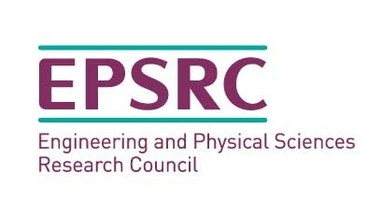Keynote Speaker
Junichi Yamagishi
Title
The use of speaker embeddings in neural audio generation
Abstract
Neural speaker embedding vectors are becoming an essential technology not only in speaker recognition but also in speech synthesis. In this talk, I will first outline how speaker embedding vectors are used in voice conversion, where one speaker's voice is converted to another speaker's voice, and in multi-speaker TTS systems, where multiple speakers’ natural-sounding voices can be synthesized from input sentences by a single model. Then I will explain how the performance of speaker vectors in the speaker recognition task is related to the speaker similarity of the synthesized voices. The latest performance of voice conversion systems will also be presented based on the results of the Voice Conversion Challenge 2020.
I will then introduce "speaker anonymization" as a new example of the use of speaker embeddings in the field of speech privacy. Speaker anonymization aims to convert only the speaker characteristics of the input speech so that the ASV does not identify the original speaker while preserving the usefulness of the anonymized audio in the downstream tasks the user wishes to perform. As an example of such speaker anonymization using speaker embedding vectors, we present a language-independent speaker anonymization system using ECAPA-TDNN, HuBERT, and HiFi-GAN and show its excellent evaluation results using the VoicePrivacy challenge metrics.
Biography
Junichi Yamagishi (Senior Member, IEEE) received a Ph.D. from the Tokyo Institute of Technology, Tokyo, Japan, in 2006. From 2007 to 2013, he was a Research Fellow with the Centre for Speech Technology Research, The University of Edinburgh, Edinburgh, U.K. In 2013, he was an Associate Professor with the National Institute of Informatics, Tokyo, Japan. He is currently a Professor at the National Institute of Informatics. His research interests include speech processing, machine learning, signal processing, biometrics, digital media cloning, and media forensics.
He is a co-organizer of the bi-annual ASVspoof Challenge and the bi-annual Voice Conversion Challenge. He was also a member of the IEEE speech and language technical committee during 2013–2019, an associate editor for IEEE/ACM TRANSACTIONS ON AUDIO SPEECH AND LANGUAGE PROCESSING during 2014–2017, and a chairperson of ISCA SynSIG during 2017–2021. He is currently a PI of the JST-CREST and ANR-supported VoicePersona Project and a senior area editor of IEEE/ACM TRANSACTIONS ON AUDIO SPEECH AND LANGUAGE PROCESSING.



